
The RED Book Award is Falkirk Council’s Book Award in which each secondary school in the authority participate. RED stands for Read, Enjoy, Debate and is all about reading for enjoyment and stimulating lively debate about books. https://twitter.com/readenjoydebate?lang=en
The award is now in its 12th year. This year’s shortlist is:
Rebel of the Sands by Alwyn Hamilton
Welcome to Nowhere by Elizabeth Laird
Boy X by Dan Smith
Hell and High Water by Tanya Landman
13 and 14-year-olds from English classes in Bo’ness Academy, Braes High, Denny High, Falkirk High, Graeme High, Grangemouth High, Larbert High and St. Mungo’s High as well as reading groups in Polmont Young Offenders Institute and from a variety of countries take part. The young people read the 4 shortlisted titles, vote for their favourite book and produce a creative interpretation of one of the books for the award ceremony.
The Books
The shortlist of books is decided after lengthy debate by school and public librarians, young people feed in their opinions to the debate too. The criteria include books must be available in paperback, the author is available to attend the award ceremony and the books must have the wow factor.
The young people decide the winning book through a secret vote a few weeks before the award ceremony. The winner is revealed by opening the red envelope at the close of the big day!
Key Dates
April – August: A longlist of books is read from which the shortlist is agreed.
September – April: Young people read, enjoy and debate the books.
April: Pupils vote for their favourite book.
May: The RED Book Award ceremony held at the Falkirk Town Hall FTH
The RED Book Award Ceremony
Around 250 young people and invited guests pack into the Falkirk Town Hall to participate in the RED Book Award ceremony. Participants are encouraged to wear a red accessory and there are prizes (sponsored by Bright Red Books, www.brightredpublishing.co.uk) throughout the event for winners of the book review competition (sponsored by Palimpsest, www.palimpsest-bp.co.uk), a book cover design competition and best red accessory. The day is full of energy and fun and packed with a host of activities – from book signings and chatting with the authors to creative interpretations of the books and live entertainment by the young people.
The ceremony culminates in the opening of the red envelope to reveal the winning book.
Follow the RED on twitter.
Previous winners and shortlists:
RED 11 (2016-2017 award): 13 Hours by Narinder Dhami
Nominated:
- The Apple Tart of Hope Sarah M Fitzgerald
- The Year of the Rat Clare Furniss
- Devil You Know Cathy MacPhail
RED 10 (2015-2016 award): Mind Blind by Lari Don
Nominated:
- Beneath Gill Arbuthnot
- Salvage Keren David
- Inflicted Ria Frances
RED 9 (2014-2015 award): Raining Fire by Alan Gibbons
Nominated:
- Rat Runners Oisin McGann
- Mosi’s War Cathy MacPhail
- Soul Shadows Alex Woolf
RED 8 (2013-2014 award): Slated byTeri Terry
Nominated:
- Mortal Chaos Matt Dickinson
- Torn David Massey
- Mr Creecher Chris Priestly
RED 7 (2012-2013 award): An Act of Love by Alan Gibbons
Nominated:
- My Sister Lives on the Mantelpiece Annabel Pitcher
- Gladiator Simon Scarrow
- Blood Red Road Moira Young
RED 6 (2011-12 award): Wasted by Nicola Morgan
Nominated:
- Ausländer Paul Dowswell
- Koh Tabu Ann Kelley
- Black Out Sam Mills
- Timeriders Alex Scarrow
RED 5 (2010-11 award): Grass by Cathy MacPhail
Nominated:
- Wolfcry Julia Golding
- Colony J A Henderson
- Chalkline Jane Mitchell
- Deathwatch Nicola Morgan
RED 4 (2009-10 award): Divided City by Theresa Breslin
Nominated:
- Don’t Tell Sandra Glover
- Beast Ally Kennan
- Forged in the Fire Ann Turnbull
RED 3 (2008-09 award): Worse Than Boys by Cathy MacPhail
Nominated:
- Message from Mia Sandra Glover
- Bunker 10 J A Henderson Fearless Tim Lott
- Alone on a Wide, Wide Sea Michael Morpurgo
RED 2 (2007-08 award): Blood Ties by Sophie McKenzie
Nominated:
- The Ice Cream Con Jimmy Docherty
- Ostrich Boys Keith Gray
- Strangled Silence Oisin McGann
- Spider Linda Strachan
RED 1 (2006-07 award): Looking for JJ by Anne Cassidy
Nominated:
- The Star of Kazan Eva Ibbotson
- Airborn Kenneth Oppel
- Tamar Mal Peet
- Montmorency Eleanor Updale
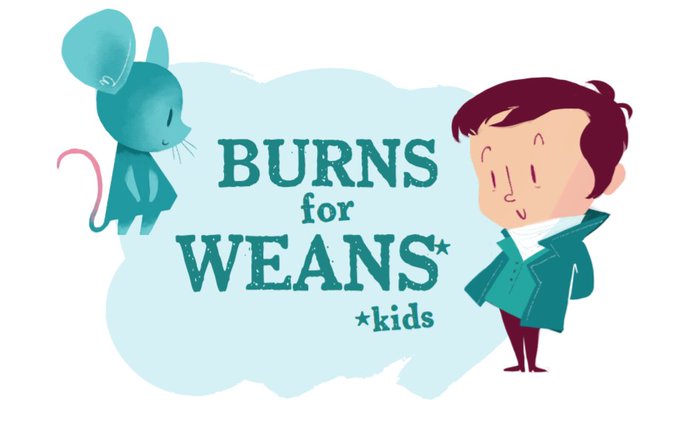



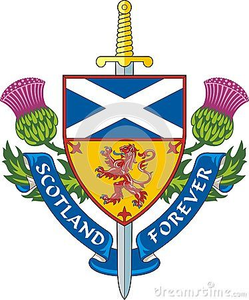
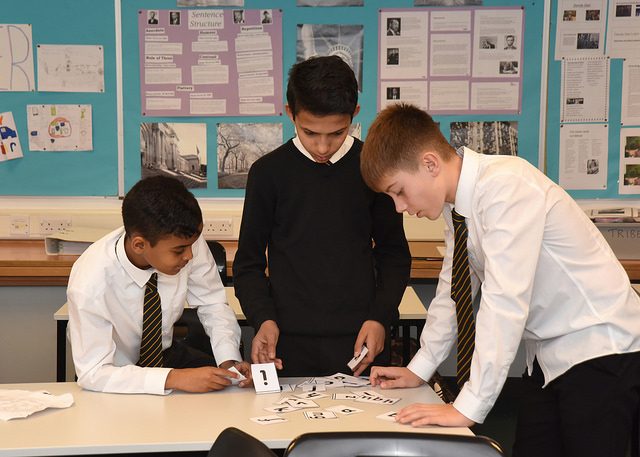
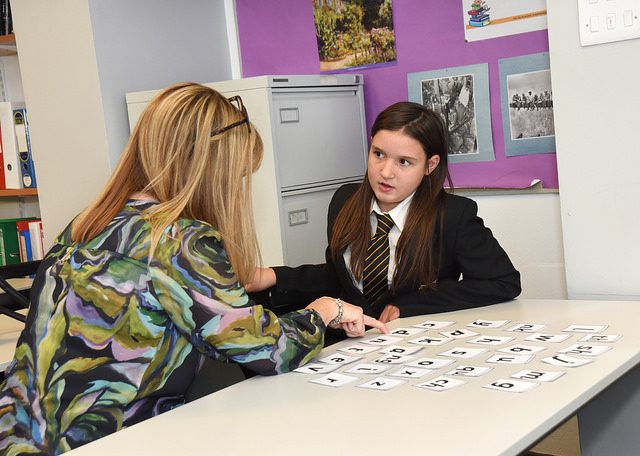
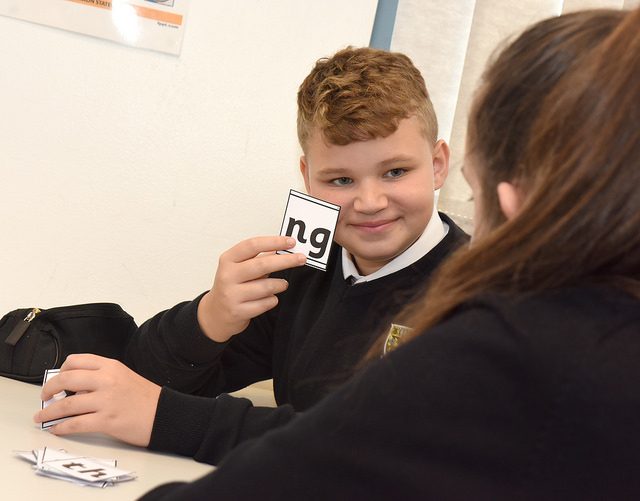
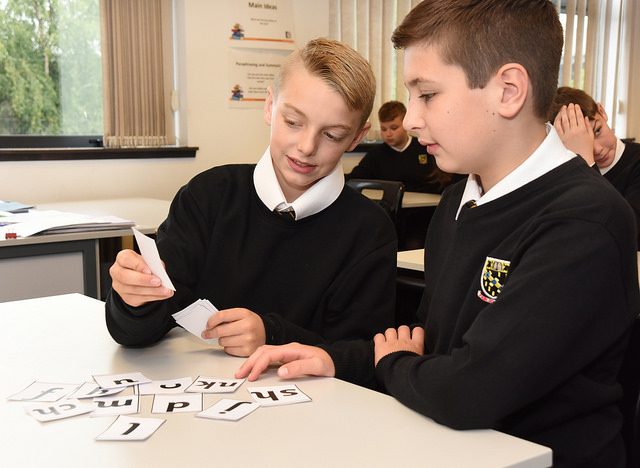
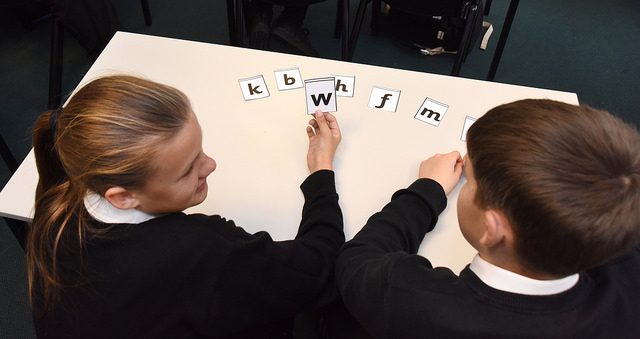 Reading Age improvements
Reading Age improvements
![web_images_logo[1]](https://glow-prod-fa.s3.eu-west-1.amazonaws.com/fa/public/LiteracyStrategy/uploads/sites/1948/2015/11/web_images_logo1-300x226.png?X-Amz-Content-Sha256=UNSIGNED-PAYLOAD&X-Amz-Security-Token=IQoJb3JpZ2luX2VjEM%2F%2F%2F%2F%2F%2F%2F%2F%2F%2F%2FwEaCWV1LXdlc3QtMSJGMEQCIHePgw8mmok%2FVefQKiCNxGDMmH3BLLrokmEkea48NluqAiB%2Bn5JxAYK7dTuePM5AnrdDMZFuCTYDbfBnn6wgztAIPyrCBQiY%2F%2F%2F%2F%2F%2F%2F%2F%2F%2F8BEAUaDDI3MzU3MDE5NTQzMyIMPcJDk0wXb%2B%2Bxq5HUKpYFpHzog2bIEEdiaM7kOICGKcKVrNuyokmxewjUbxRhdCDm0ky4vjGtu9faCJ72BryONnzOy1GuiwK%2FwjOvJedNGUhBnPc34EBDRLjGyiEuzyzJtUlSf78nyFp022RpGXx8LgctMDIdmZrpaVHAWgwI%2Fwak0U0JSZOBxiVdHg4X68J%2F52NVTs9CEEJvfoIbEQ%2BqldlEzyK%2BNMUDr%2BKfHNOjWtN4f6vqy2ws%2FY3WjbbE0vds%2FQHQtG8S%2F%2F6PpcyRDYCHr34YecJYxwjy8ud5HRf3aJQb70Q99p2na8Ok3cel7bZO0ACo8LJiwnHsG8rQcyCMEg47shLxuihs1d03XeV21nDx0e%2F9S3NueAk2YoEp42z0Tb%2FKNwhu5aigm5r6LC69RNsiS8%2BuHsrDR4Yo%2FtPzSifklT1WbMODcy%2BtqQqqZxOf%2Fqm3p42YWAfzMkxV5N4tQPk428LZBTIqMyi%2Fay3voP9%2FRqKo2mDQdtSVh0pAqI%2FlL6IrWv5DW%2BLNU1IKO1muE2ur0t8OWIGAFTiZ63OqWk9cG39VhLeU0scUqftrLeUco9WF2lcca5WCEGftl9Xp9IAOZ14BZZUaux5xSZjm2XTWg9mr%2B95zkW2MxmS%2BvwT9Tkf2ZFTuKRffZz2P%2BxsED27a9rCMYdkC4m4wIzUaQhovPbJRcpoVJsmJDz%2F3lJMvoZb9Ld6Q1Hjl82WptnaO251oRsD7%2BgKe%2FsoUiPJZW9X4pPbCQMTjUcV5HVNRhRiyFuRCKNplhYZosP5XKvsJ%2Bn%2FNWWFaYeP%2FdaIBg7FqIMFgbFSrVBUpalnUIahfEejuWeJ2B4wxD8cHEaQzvRXiOOl%2FzI%2FtdqUvtlnyPN8OyywkptRf9HrwKSw52NkrhTfikbxAWwAw74iazQY6sgFXkBnSMwE1TCKqogZ9S%2FWeMi4efxLzsTZ01ADJW%2FwDi%2BQZn609cr5yb9jkakCmNY5GHWGhLomqwHG%2BNjQQdahR2fj89z9xgk9L5bImSi9cl3sKjdE21fSAnvIUEwoNFUiDjSKzsEwu1cY35774i0o2oBPy4I1nV%2BPaeO7IFX99m52Nf19DUAYzl9GMsWy7jn0SKo9VY3oM5Mv090ln26Pic7jWoDd4xM1i4h5I7kAG7OGM&X-Amz-Algorithm=AWS4-HMAC-SHA256&X-Amz-Credential=ASIAT7MQN47U3ETF5YBM%2F20260303%2Feu-west-1%2Fs3%2Faws4_request&X-Amz-Date=20260303T072837Z&X-Amz-SignedHeaders=host&X-Amz-Expires=900&X-Amz-Signature=7495f8a13d61597cb78c0490f329c93064e42ed282a27efd1ebfe0804d1f2d2e)










